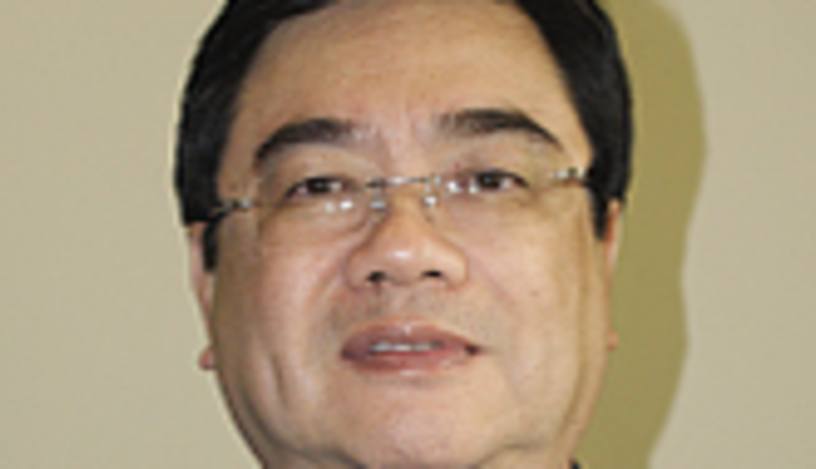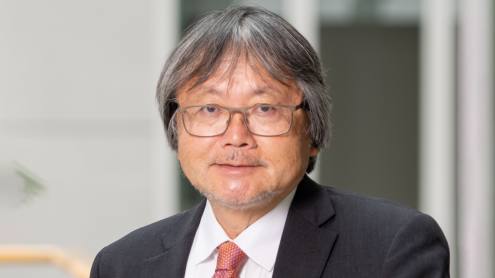Click here to view an edited video of the interview
The ruling National Party in Honduras won a comfortable majority in the November 2009 elections (under the auspices of a military regime), but as the country's finance minister, William Chong, points out, the government of president Porfirio Lobo, a long-time conservative politician, has still included political opponents and is co-operating with opposition parties in Congress. Both measures reflect an attempt at national reconciliation after a military coup last year ousted the country's left-wing president.
Another crucial part of the rehabilitation process came with the arrival of the International Monetary Fund's (IMF's) agreement on October 1. The IMF agreed to provide Honduras with $202m to help the conflicted Central American country restore macro-economic stability, reduce poverty and increase growth.
According to Mr Chong, gross domestic product (GDP) growth in Honduras is expected to recover to 2.4% in 2010, mainly reflecting a rebound in economic activity in the US, a key trading partner. In contrast, in 2009, economic growth declined 2% as 70,000 Honduran jobs were lost because of slowdown in the US.
Stabilising finances
The IMF agreement is a very positive development, according to Mr Chong, not least because it will re-open the doors for Honduras for concessional lending from the Inter-American Development Bank, the World Bank and other multilateral development institutions. Nearly all international aid (except disaster relief) to Honduras was suspended after the June 2009 military coup.
Under the two-year IMF programme, the Honduran government aims to stabilise the country's public debt-to-GDP ratio at below 30% and reduce the overall public sector deficit from 4.6% of GDP at the end of 2009 to 3.1% in 2011. A key plank in the fiscal consolidation strategy is implementing a tax reform and strengthening tax administration.
It is also intended, as a result of fiscal reforms, including of public pension funds and state-owned companies, that there will be more public money for investment in infrastructure and anti-poverty programmes, including 'Bono 10 Mil,' a conditional cash transfer project. Sixty percent of the Honduran population is poor, so reducing poverty is a major challenge, says Mr Chong.
Watch the videoInterview with the Honduras Finance Minister – IMF |
Making improvements
The problem of poverty was also exacerbated by a steep decline in remittances from the US and Europe during the recession. In terms of foreign exchange earnings, however, the government is depending more on exports, including non-traditional foods such as tilapia and shrimp and organic coffee, and of more value-added products.
To attract foreign investment, Mr Chong says Congress recently passed a public-private partnership law. It is hoped this will lure more investment to the incipient tourist industry in Honduras. The country's Bay Islands in the Caribbean Sea are already attracting about 4000 tourists a week, according to Mr Chong. Other sectors that draw foreign investment are telecommunications, energy and transport.
Meanwhile, improving financial sector supervision and regulation as well as increasing access to financial services are objectives of another set of reforms supported by the IMF. Mr Chong says there are currently two banks in Honduras specialising in microfinance. The sector also has some strong national domestic banks and three foreign-owned banks - the UK's HSBC, the US's Citibank and Colombia's Grupo Aval, a big regional banking group, which owns BAC Credomatic, the country's largest private bank.












